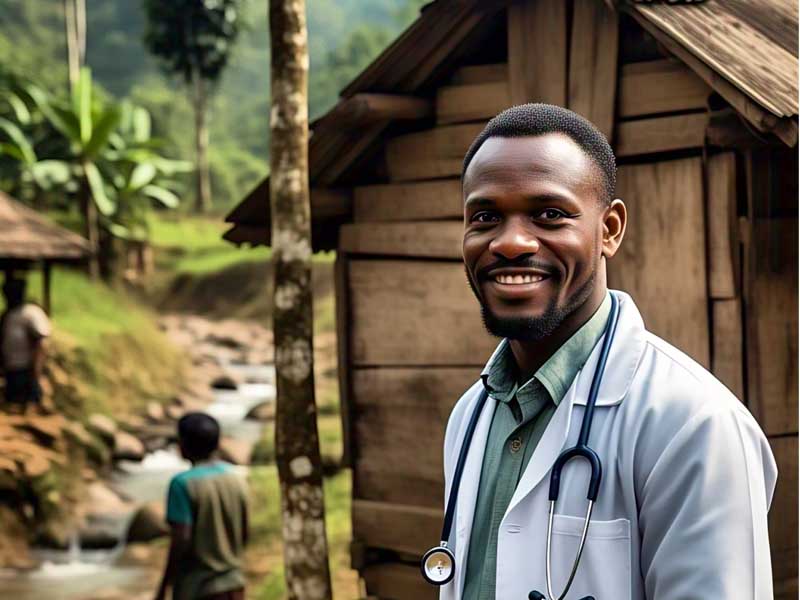
Resilienceapac – Strengthening Primary Healthcare is essential to ensuring access to quality healthcare, a fundamental right that millions of people worldwide still struggle to receive. It plays a key role in making basic services available even in the most remote areas, particularly in the Asia-Pacific region. By investing in primary care systems, countries can build a more resilient healthcare infrastructure that addresses both immediate medical needs and long-term public health challenges.
One of the greatest challenges in the Asia-Pacific region is ensuring that healthcare services are available to people living in remote and underserved areas. Many rural communities face a shortage of medical professionals, inadequate health facilities, and logistical difficulties in accessing treatment. Strengthening primary healthcare involves expanding mobile clinics, telemedicine programs, and community health initiatives to bridge these gaps.
Governments and healthcare organizations are increasingly leveraging technology to improve access. Telemedicine allows patients to consult doctors without traveling long distances. While mobile health units provide on-site medical care in isolated regions. Additionally, training and empowering local healthcare workers can significantly enhance service delivery, ensuring that basic medical assistance is available where it is needed most.
“Familiar Phrases: Why They Stick with Us”
A strong primary healthcare system not only improves access but also strengthens a country’s ability to respond to crises. The COVID-19 pandemic exposed weaknesses in healthcare infrastructure worldwide, highlighting the need for better-prepared primary care networks. Strengthening primary healthcare means equipping local clinics with essential resources. Improving disease surveillance, and integrating preventive care into community health programs.
Preventive healthcare, such as vaccinations, maternal health services, and chronic disease management, can reduce the burden on hospitals and emergency care facilities. When primary care is prioritized, healthcare systems become more efficient, ensuring that resources are allocated where they are most effective.
Long-term investment in primary healthcare is crucial for sustainable development. Governments in the Asia-Pacific region must prioritize funding for health education, workforce training, and infrastructure improvements. Public-private partnerships can also play a vital role in expanding access to quality care.
By strengthening primary healthcare, countries can create a healthier and more resilient future. Ensuring that every individual, regardless of their location or socioeconomic status. Has access to basic medical services is not just a policy goal. It is a necessity for global health equity.
“Key to MSME Competitiveness: Digital Logistics, Business Efficiency Solution”
[SITE_NAME] - climate resilience and sustainable development have become critical priorities for countries in the Asia-Pacific region, where frequent natural…
[SITE_NAME] – Nature-based solutions have emerged as a core strategy Asia-Pacific resilience, addressing climate risks and natural disasters by integrating…
[SITE_NAME] - The urgent need to develop resilient health systems climate challenges has become a global priority as climate change…
[SITE_NAME] - public policy reform trends are significantly influencing social resilience in the Asia-Pacific region, as governments implement innovative frameworks…
Resilience APAC: Asia-Pacific Hub for Reform - Taiwan's earthquake-resilient community infrastructure investment is under renewed scrutiny following a series of…
Resilience APAC: Asia-Pacific Hub for Reform - climate risk planning data analytics plays a crucial role in helping organizations anticipate…